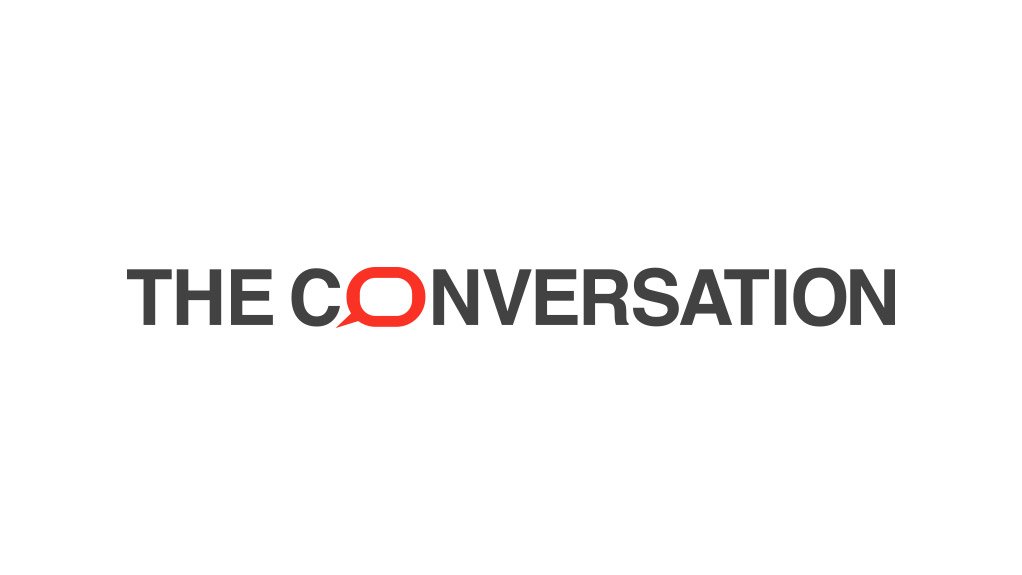Africa’s military expenditure is comparatively low. In 2023, African countries spent a total of US$51.6-billion, accounting for 2.1% of the world total. Still, this figure was a huge jump of 22% from the previous year. Two countries in Africa – the Democratic Republic of Congo (DRC) and South Sudan – registered the highest year-on-year increases in the world.
The growth in spending is also reflected in overall government budget priorities. The average military spending as a share of government expenditure by African countries increased from 6.6% in 2022 to 7.2% in 2023, a rise of 0.6 percentage points.
The huge 2023 jump was mainly driven by two countries ravaged by internal conflict – the DRC and South Sudan – and Algeria, which is experiencing a fossil fuel export boom. Together, their increases accounted for 87% of the overall rise in Africa’s spending.
The DRC’s military spending had the highest increase in the world in 2023. Its US$794-million spending was 105% higher than in 2022. South Sudan had the second highest increase. Following a 108% increase in 2022, military spending rose by another 78% in 2023, reaching US$1.1-billion.
My research interests include the causes and impact of civil conflict and the links between conflict and military spending. My current work includes assessing the demand and consequences of military spending and issues related to transparency and budgeting for military-related matters.
It’s my view that investments in the defence sector are necessary for national security and internal stability. They can also help create job opportunities which can contribute to economic growth and development. However, military spending has been found to create fewer jobs than the same amount of money would have if invested in sectors such as clean energy or education.
Morever, higher military expenditures can divert resources away from essential socio-economic areas such as education, healthcare and infrastructure. This may hinder efforts to improve living standards, reduce poverty and promote human development. That, in turn, can feed a cycle of instability and insecurity in a country or region.
Responding to conflict
The increase in the DRC’s military spending coincides with growing tensions between the country and its neighbour, Rwanda, and clashes over territory and natural resources involving the DRC armed forces and militia groups such as the 23 March Movement (M23).
For example, in 2023 the DRC procured Chinese unmanned drones to combat the M23 in the east of the country. The spending also reflects the country’s plan to enhance military capabilities following its request for the UN’s DRC mission, Monusco, to leave.
South Sudan’s growth figures relate to the escalation of violence in the Abyei region over oil rights and land infringements and the security crisis in neighbouring Sudan. In 2023, clashes between the Sudanese Armed Forces and the paramilitary Rapid Support Forces in Sudan led millions of refugees to flee to South Sudan and added to regional security challenges.
In contrast to the DRC, the ongoing UN arms embargo meant that the increase in South Sudan’s spending went mostly to personnel expenditure. It is bolstering its military presence near the Sudanese border.
Security at what cost?
The increase in military spending by the DRC and South Sudan in 2023 comes at an important time. Both countries need to address growing insecurity, but there is a trade-off with scarce resources needed for critical societal issues.
The DRC (180th) and South Sudan (192nd) both rank low on the United Nations Human Development Index of 193 countries. The index, which takes in education and health outcomes as well as gross national income, provides an overview of a country’s development status. Given their low Human Development Index rankings, investment in health, education and economic growth is essential to improving development outcomes. An extra dollar spent on the military potentially crowds out spending for human development.
What’s more, the DRC hosted 7.1-million displaced people in 2023, making it the African country with the second highest number of displaced people, after Sudan. South Sudan currently hosts 4.6-million displaced people, the highest percentage of displaced people in its total population in Africa. Both countries need substantial financial resources to support these displaced populations.
Conclusion
The military has the crucial role of ensuring national security and internal stability. But upward military spending trends have implications that should not be overlooked.
In addition to the trade-off effects between military and socio-economic development, governments that allocate substantial resources to the military can inadvertently increase the political power of the military. This will in turn lower both civilian control and oversight and increase the risk of an unconstitutional change of government (coups). The end effect might be country cases like Burkina Faso and Mali with growing state repression and human rights violations.
Lara Maria Guedes Gonçalves Costa contributed to some of the analysis on which this article is based.
Written by Nan Tian, Senior Researcher and Acting Programme Director, Military Expenditure and Arms Production Programme, Stockholm International Peace Research Institute
This article is republished from The Conversation under a Creative Commons license. Read the original article.











